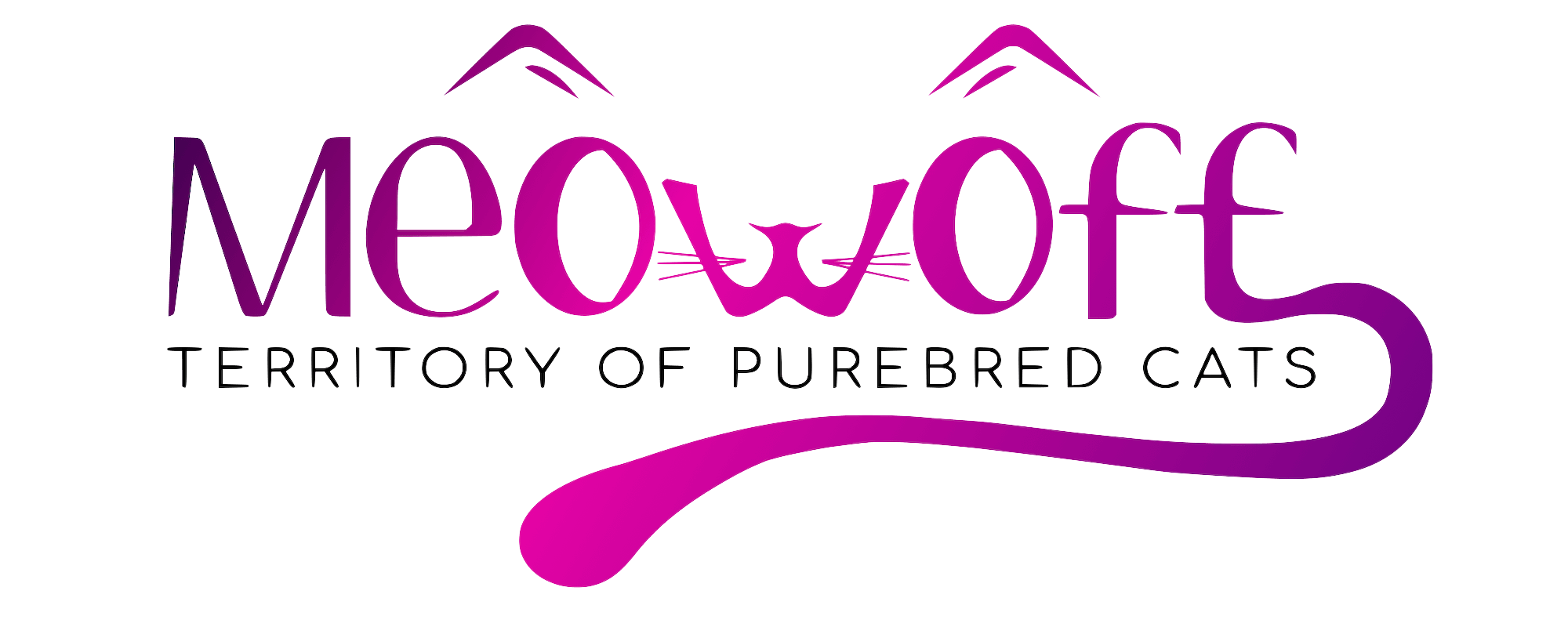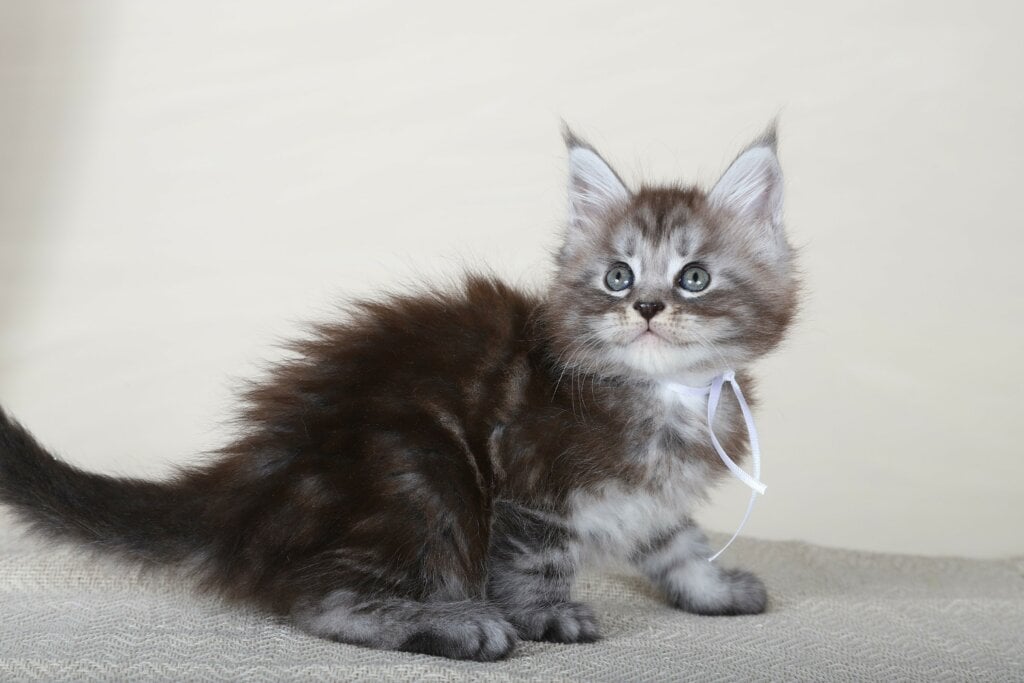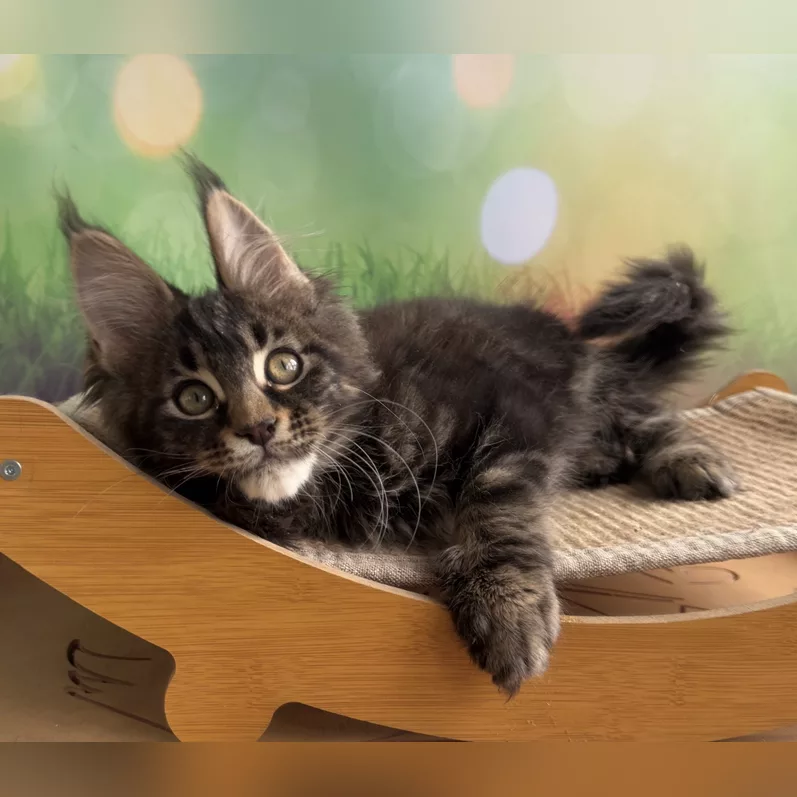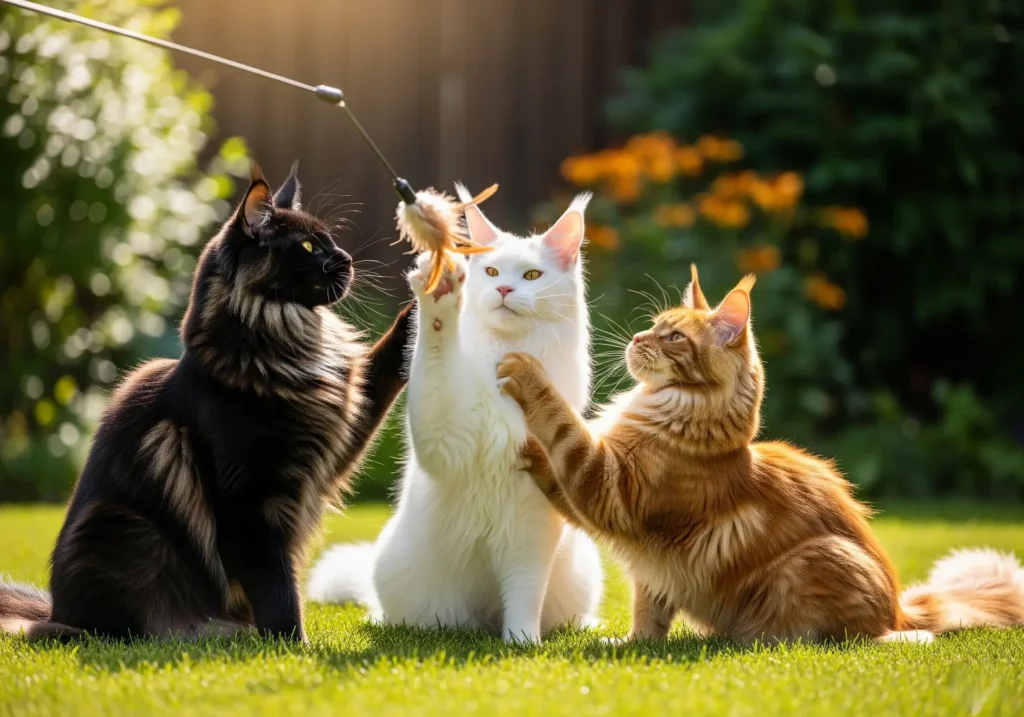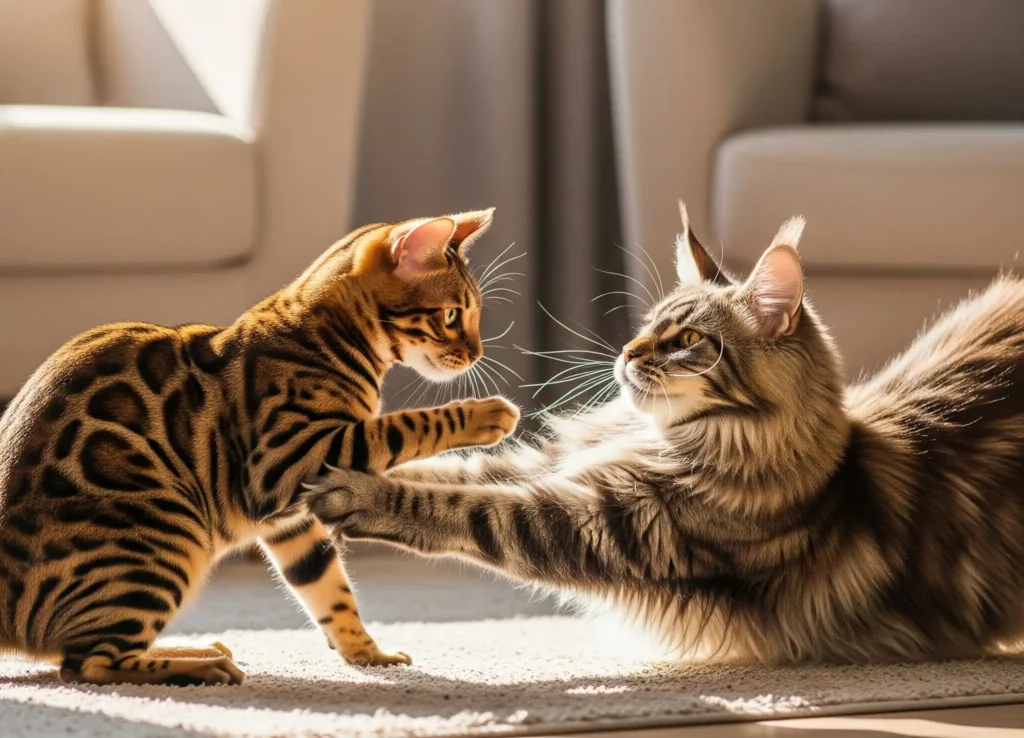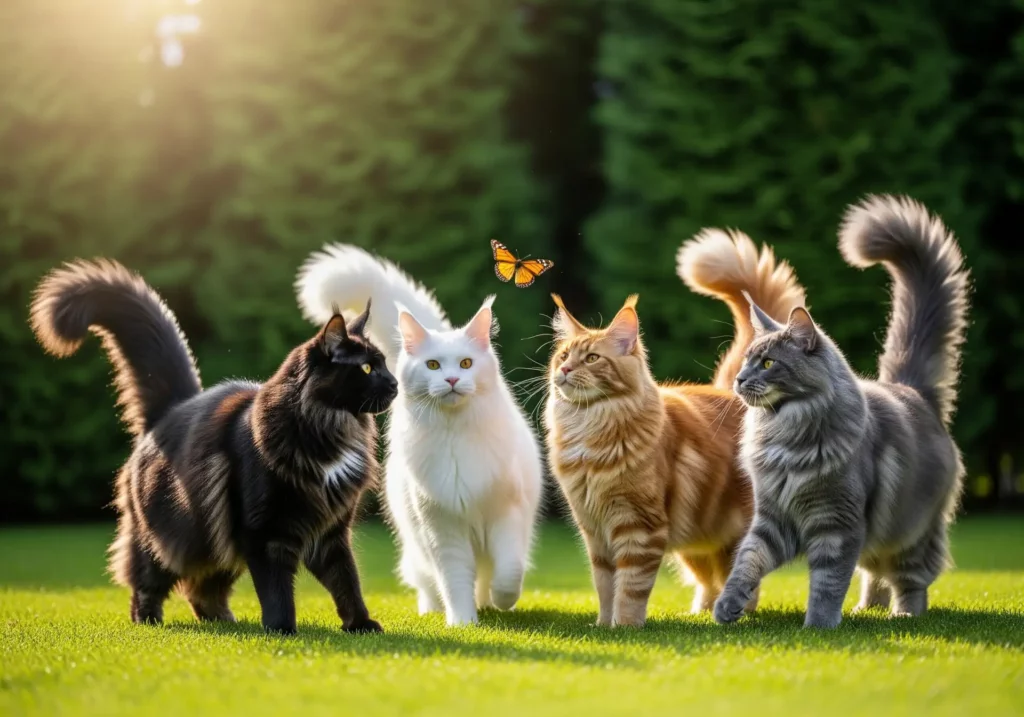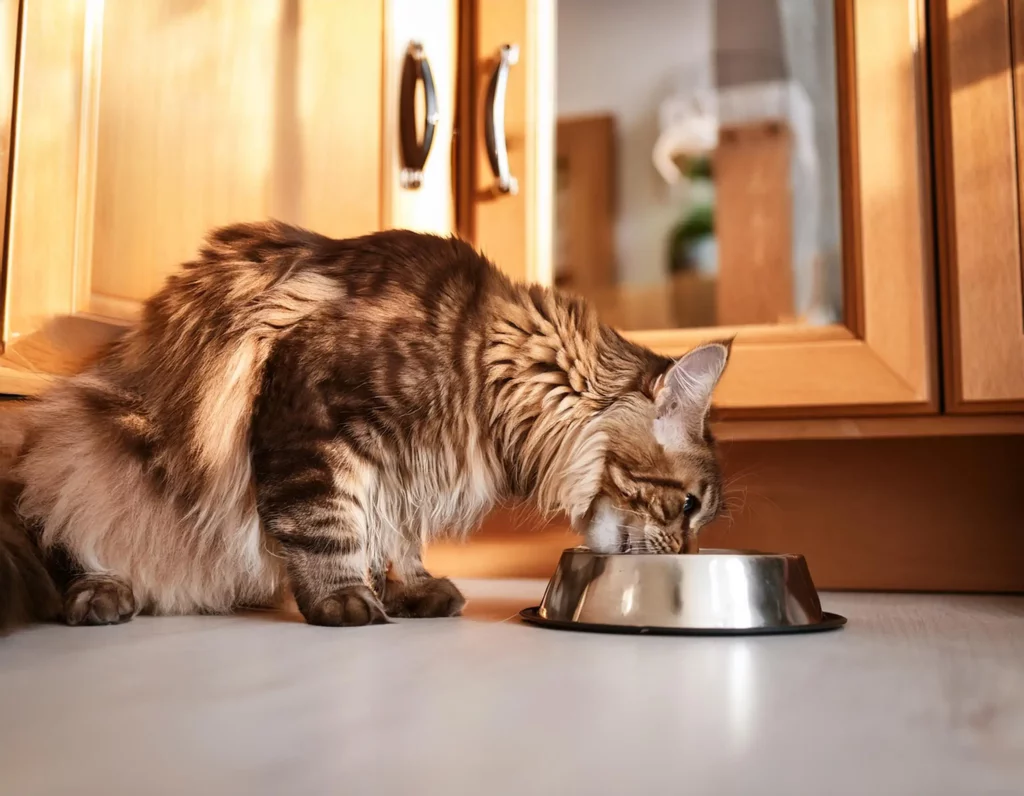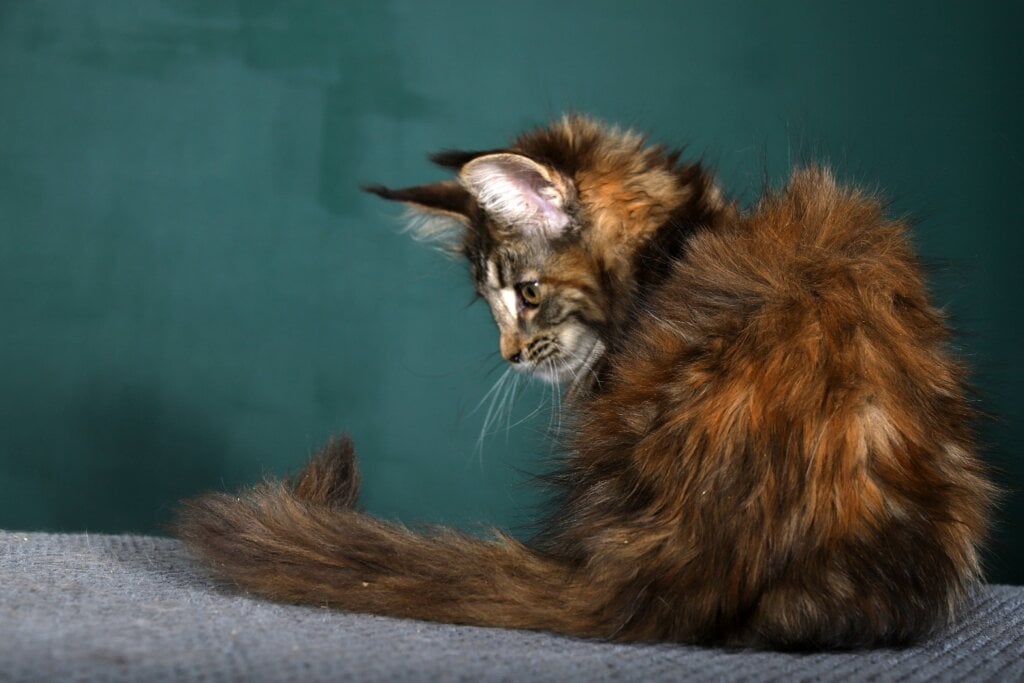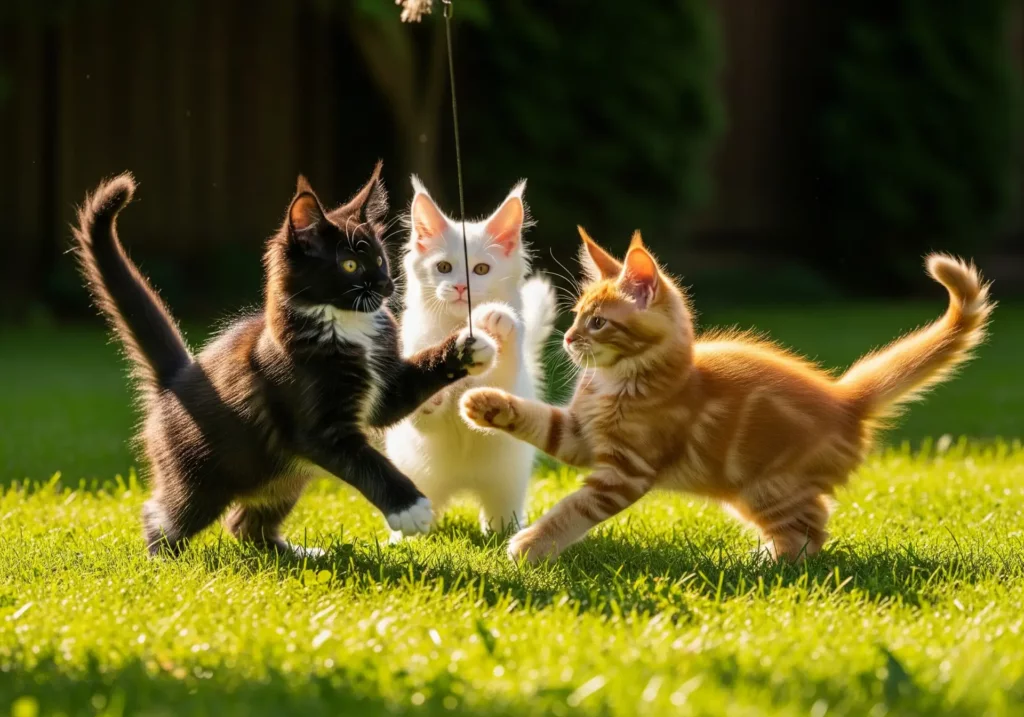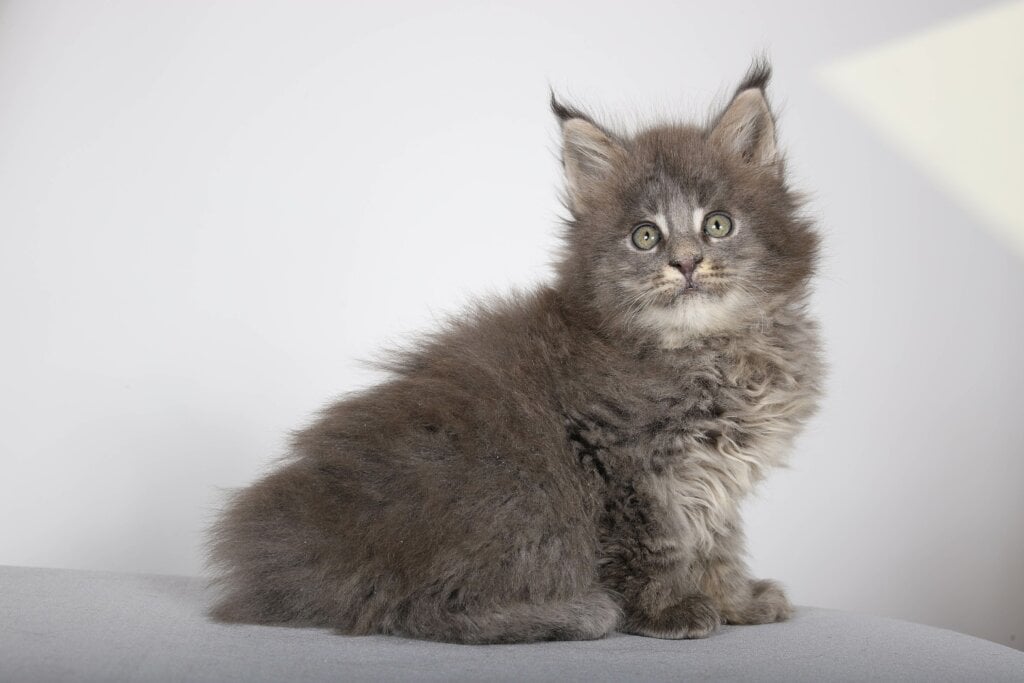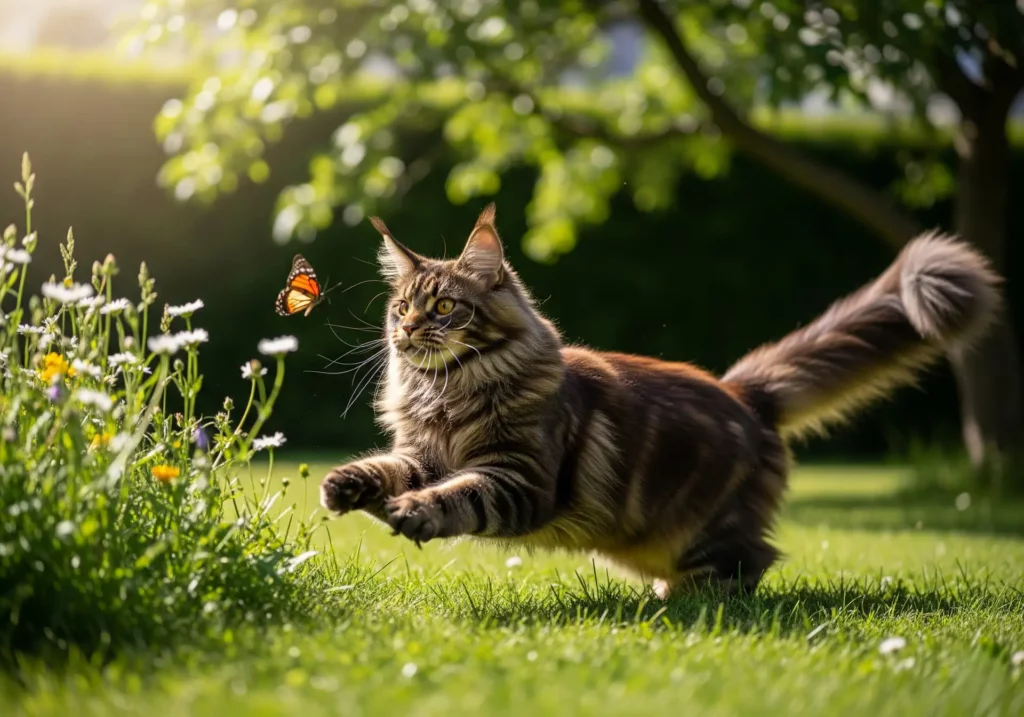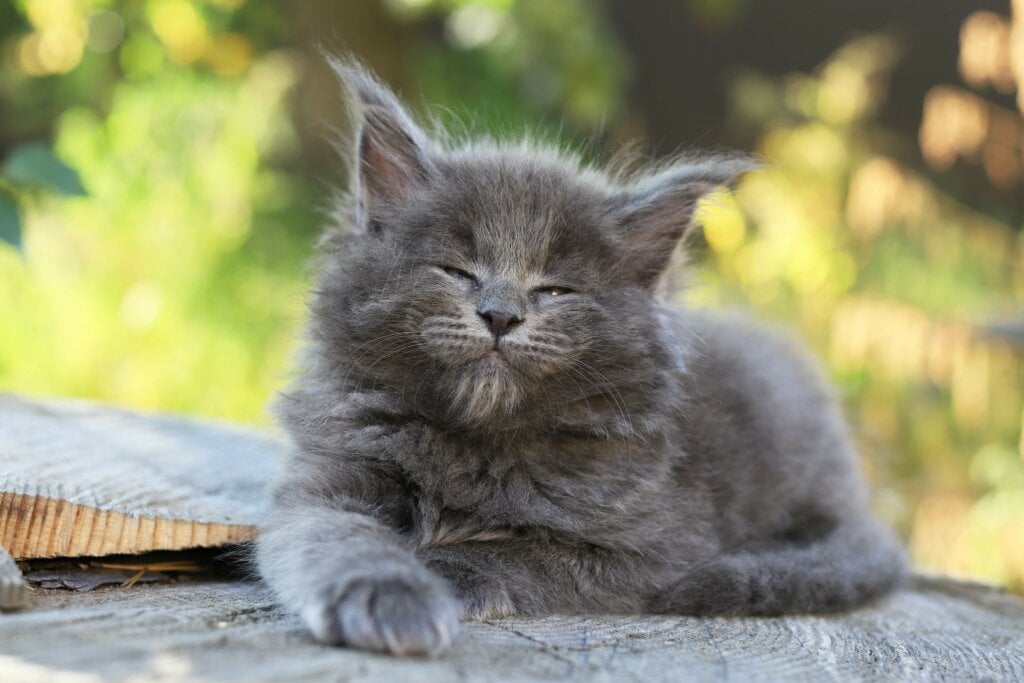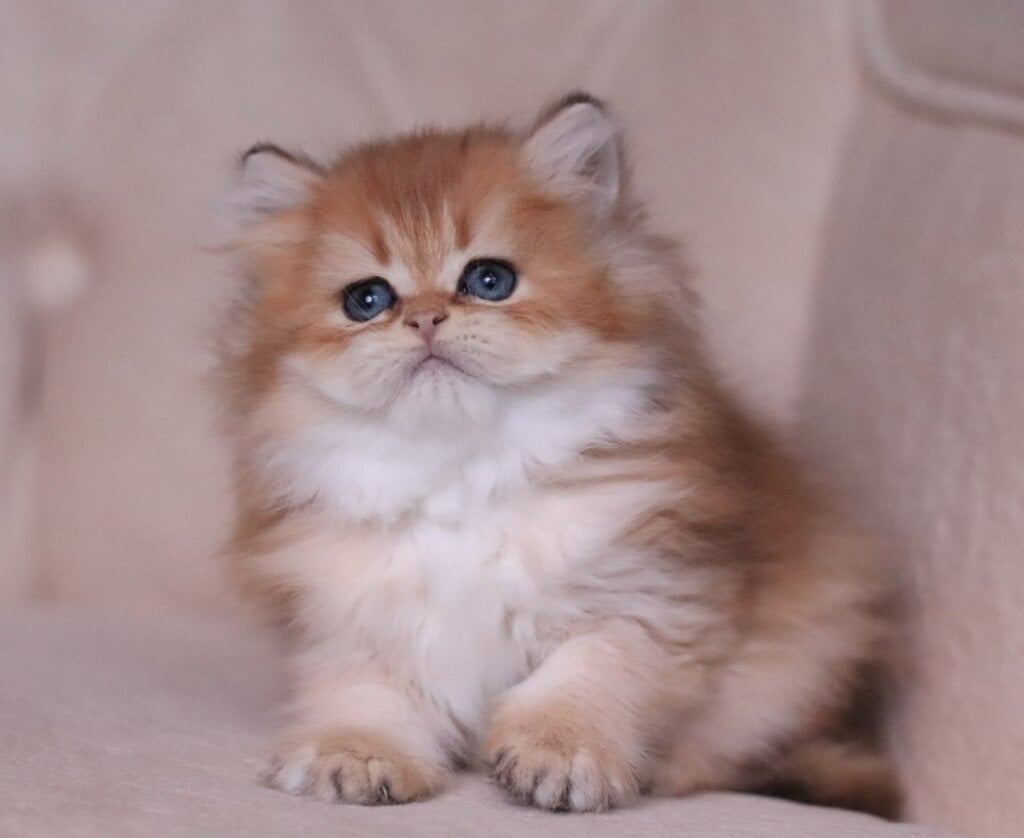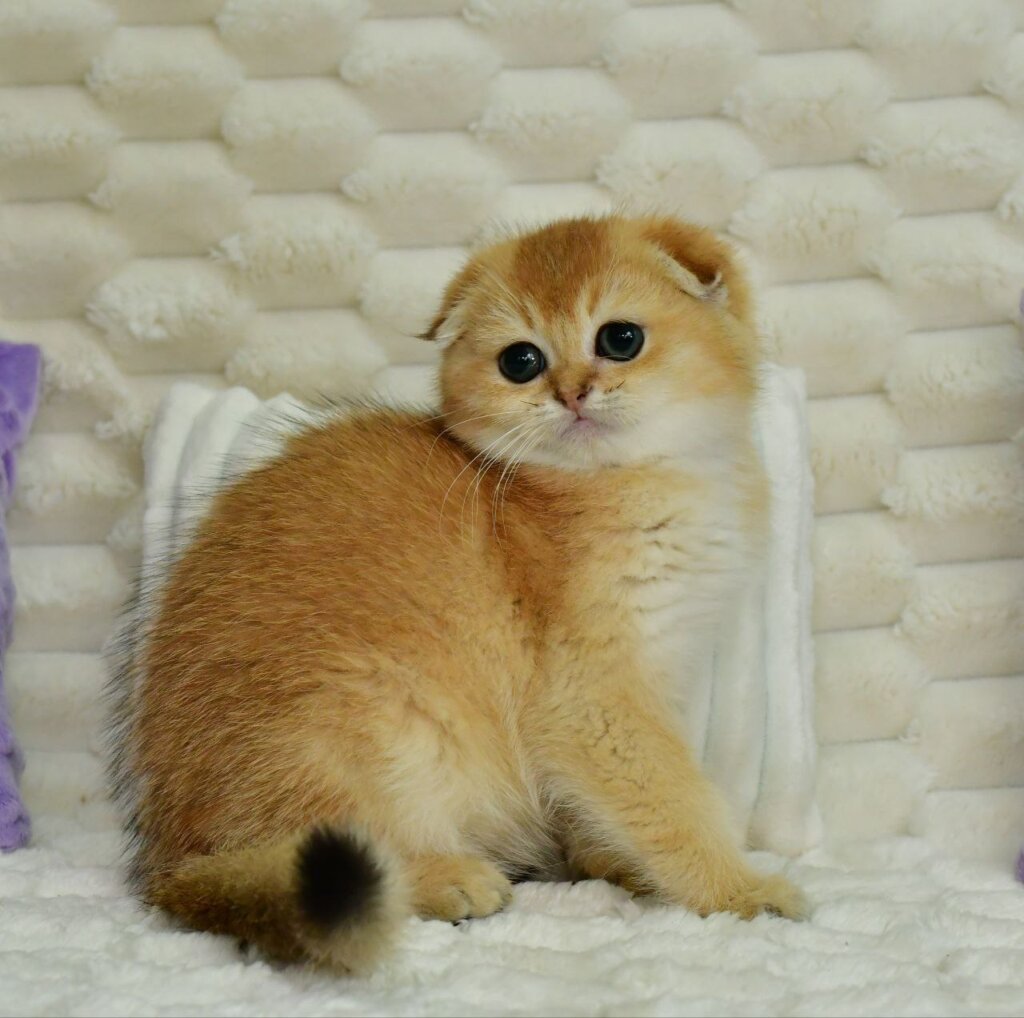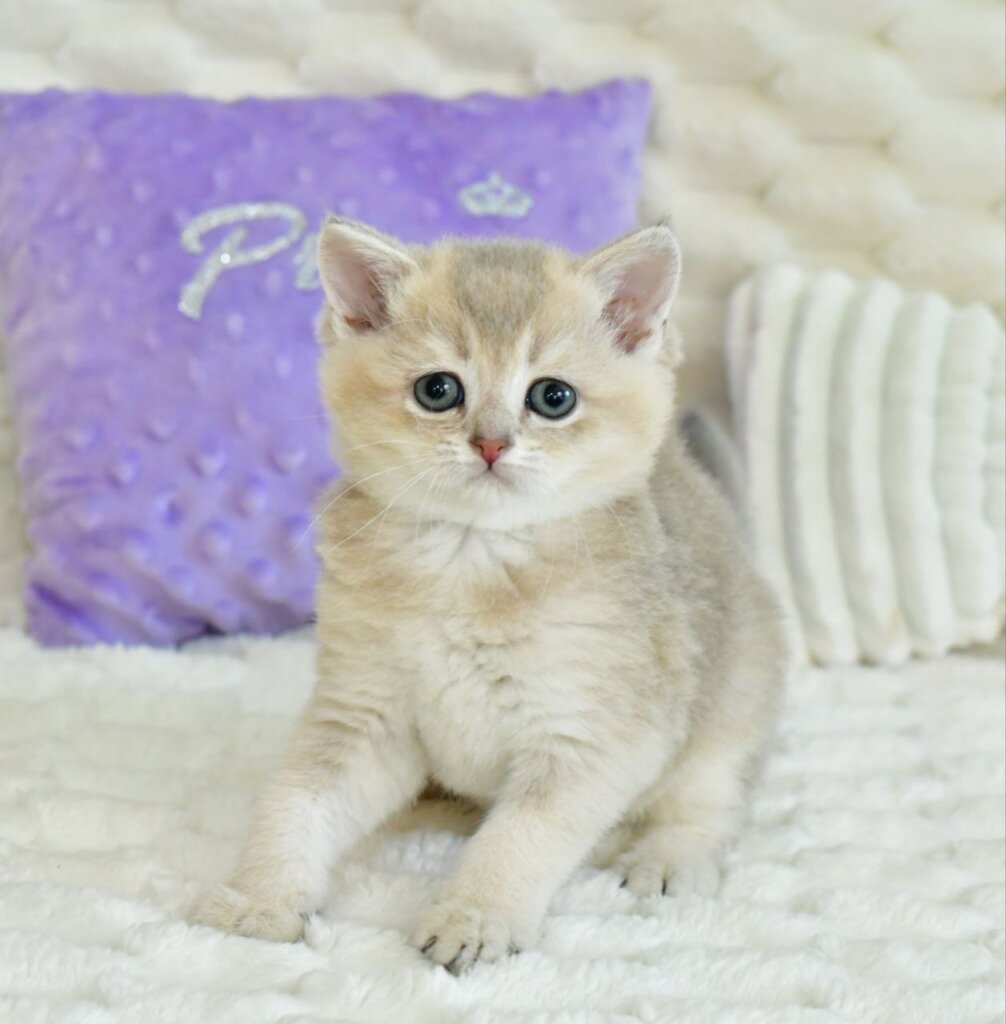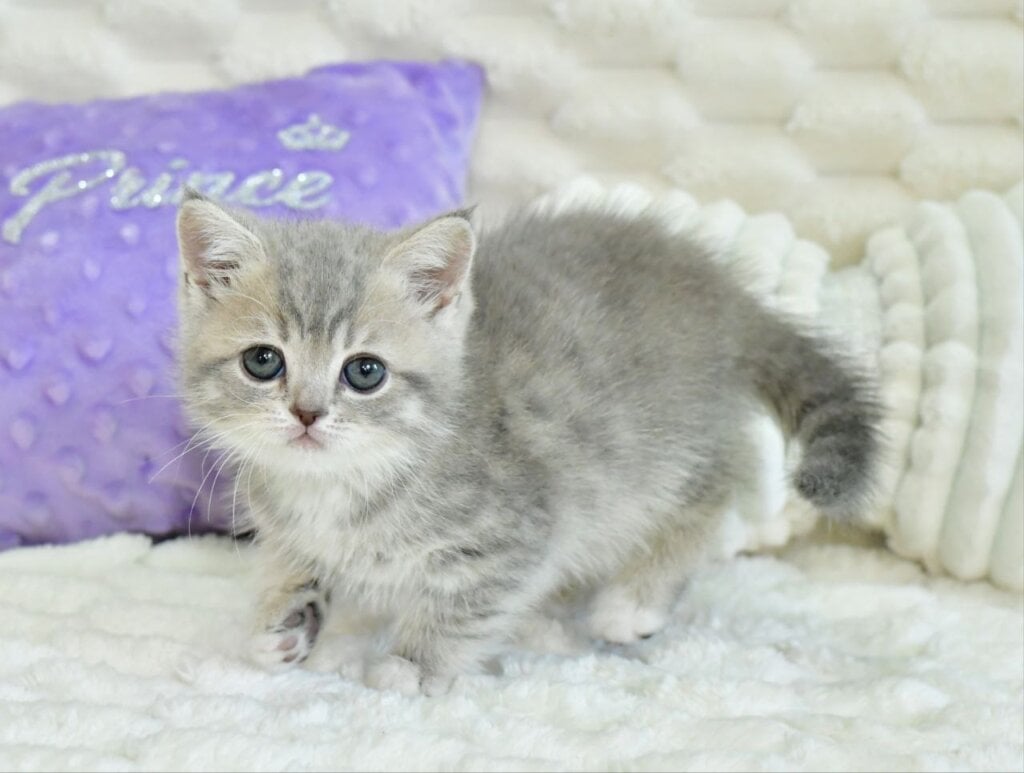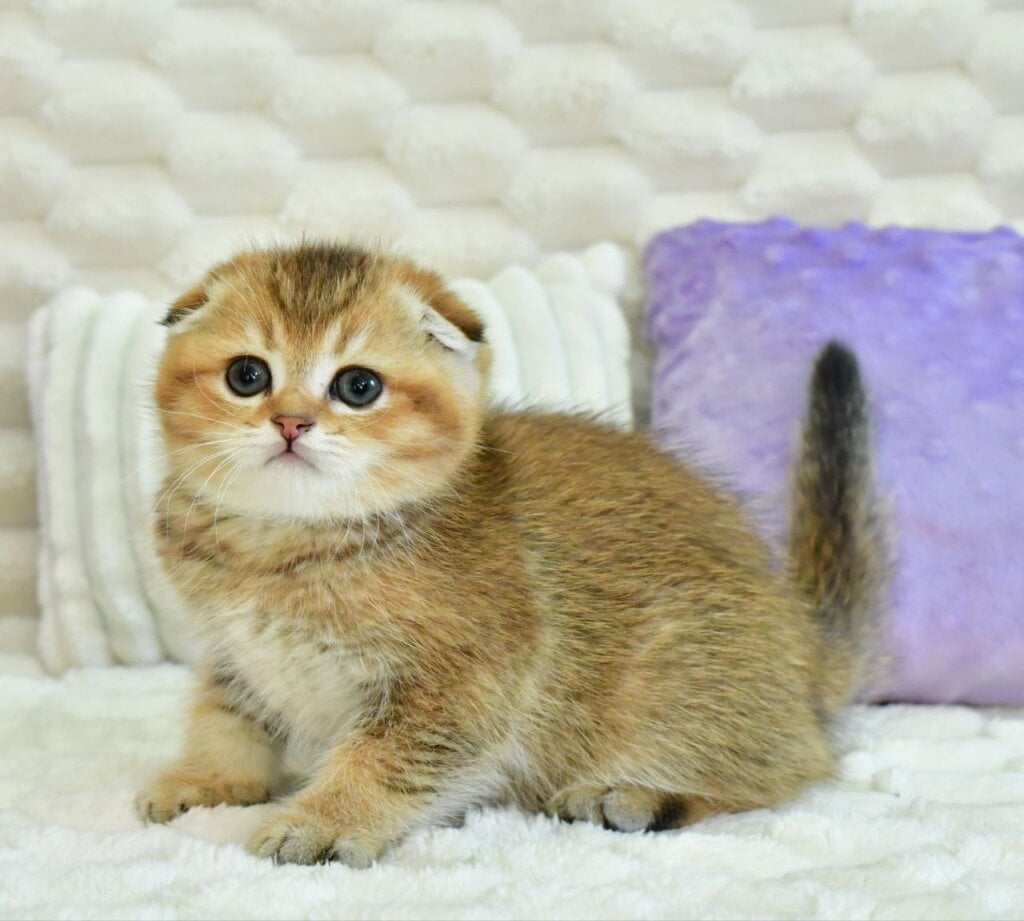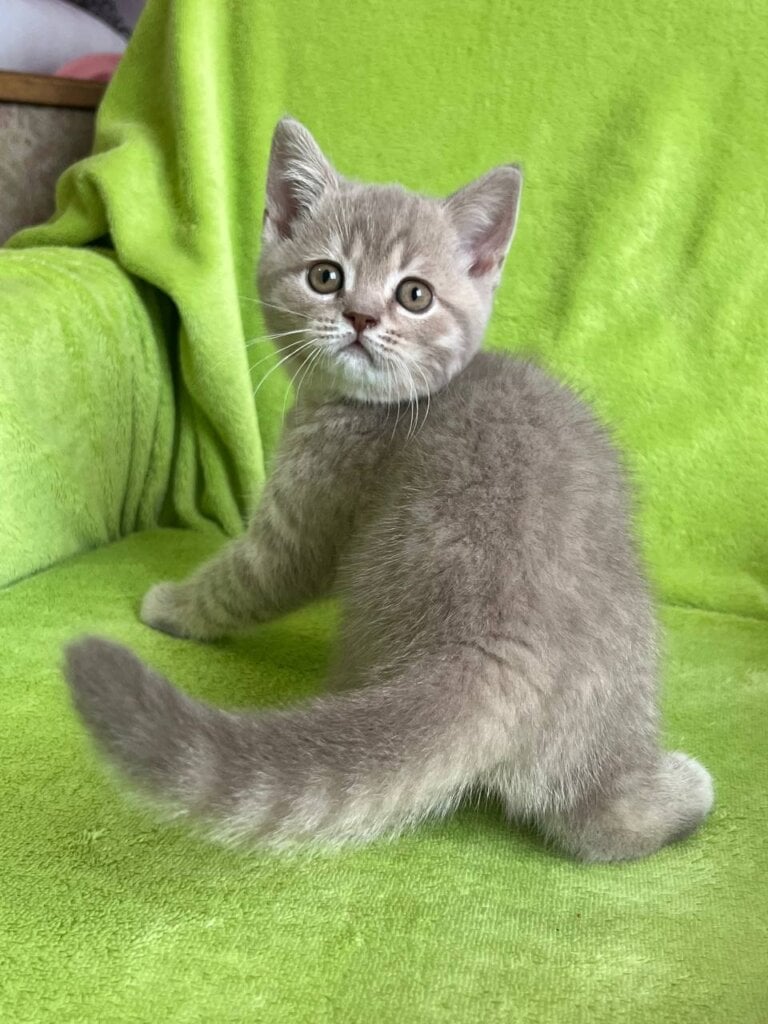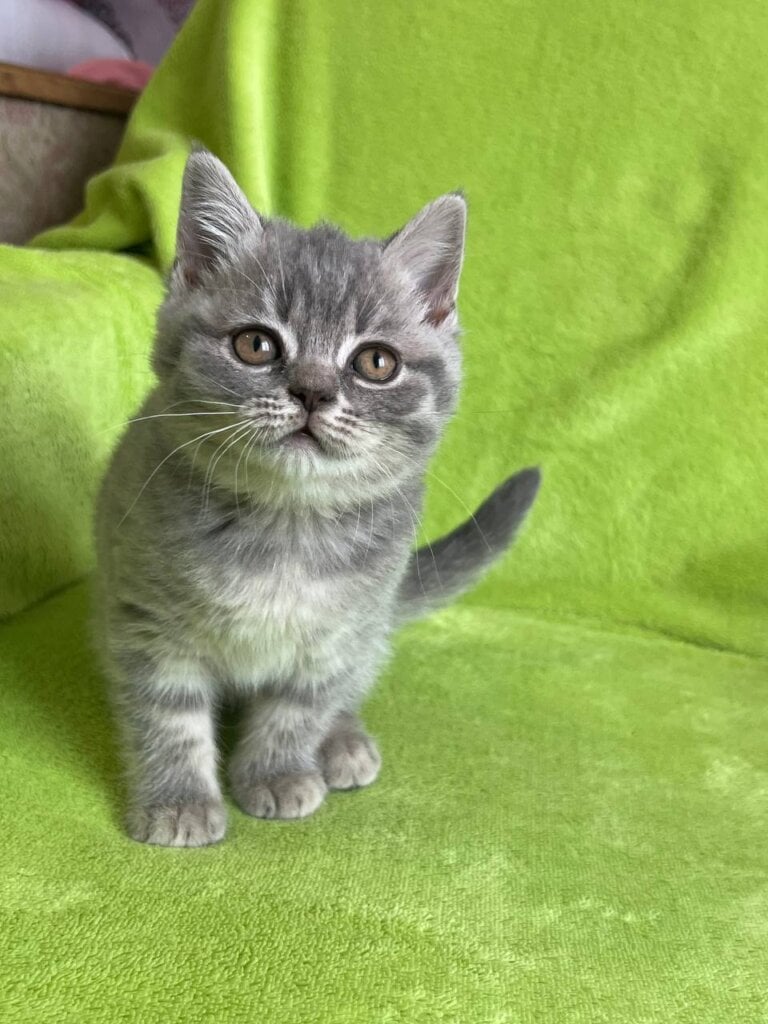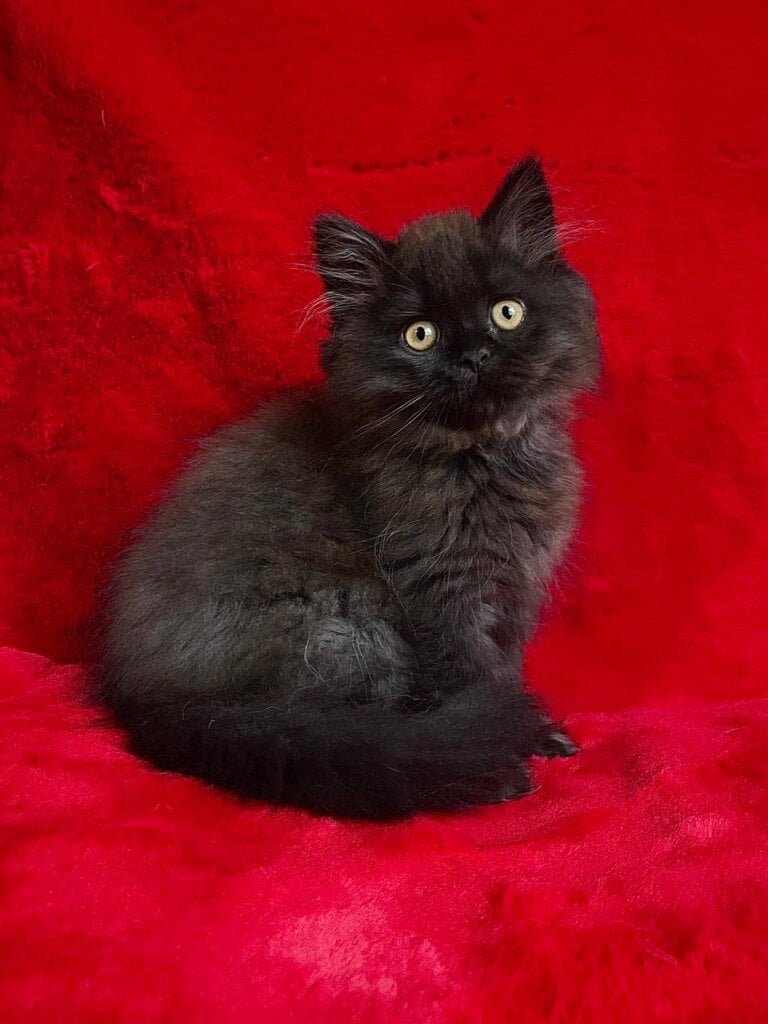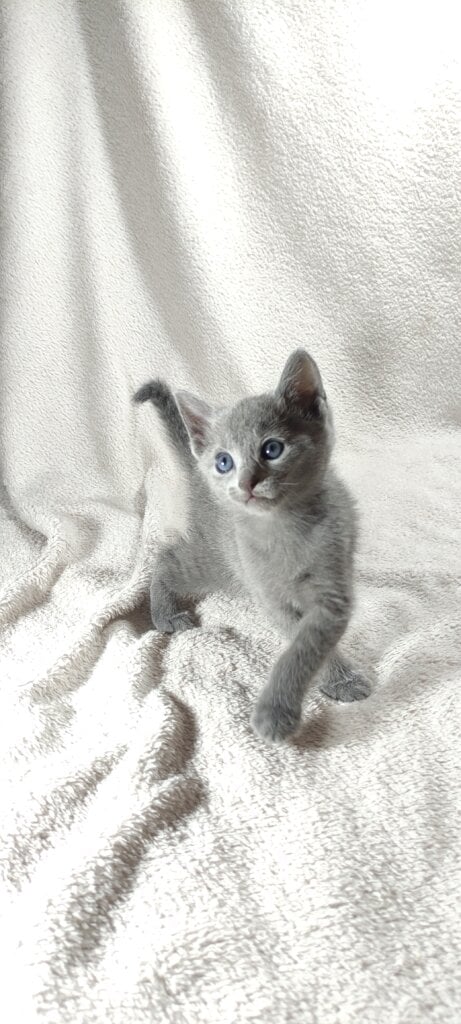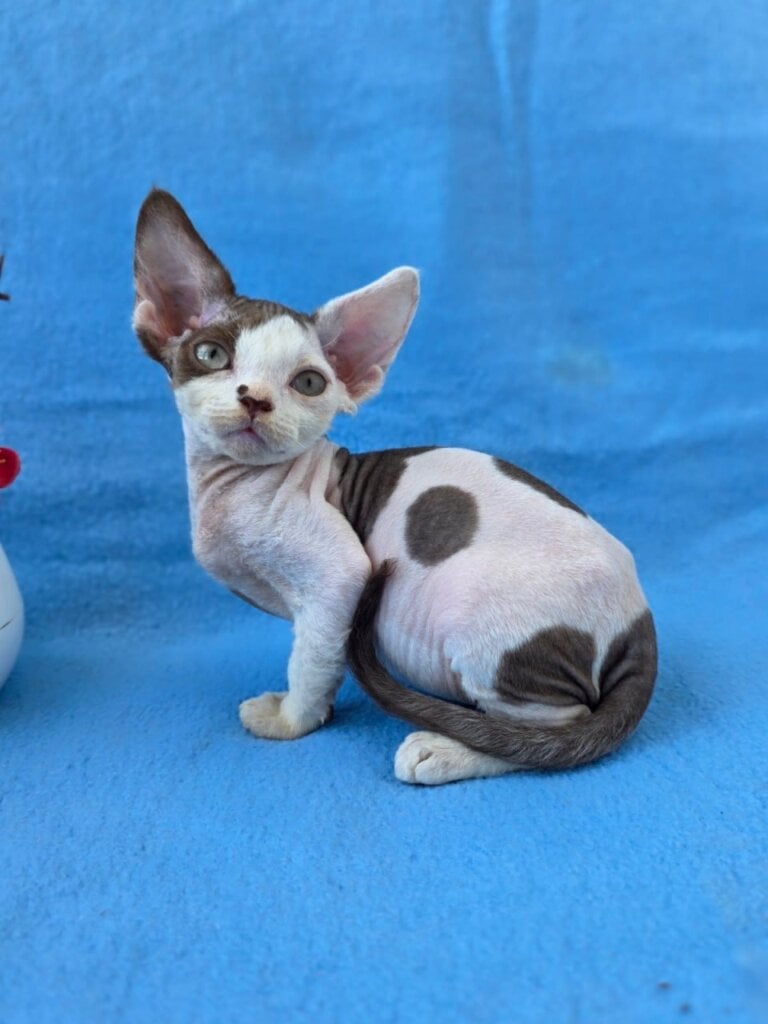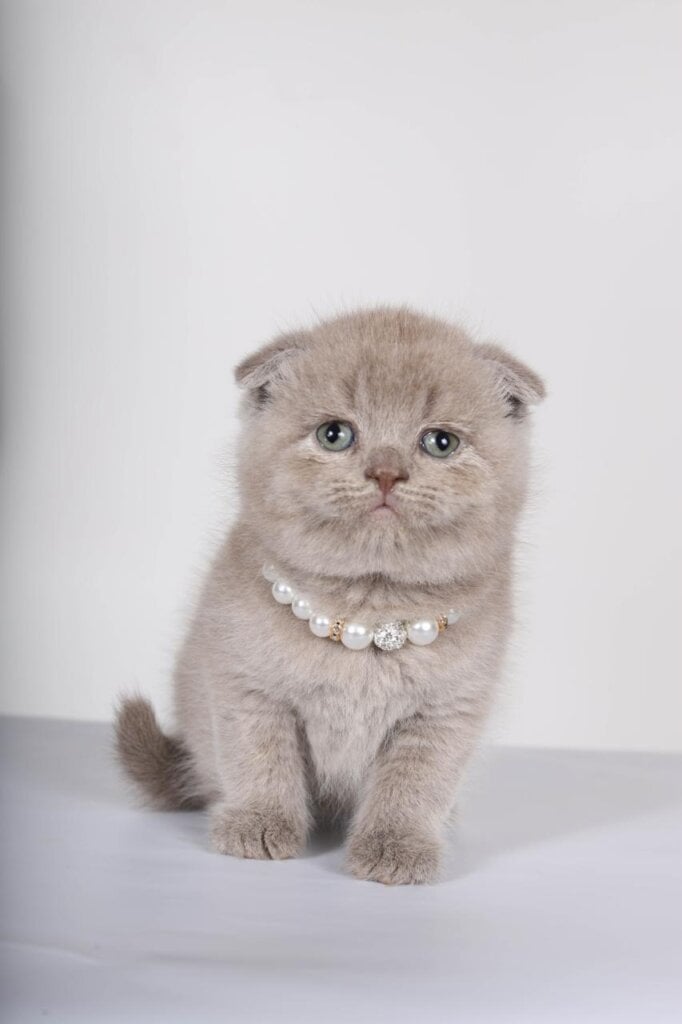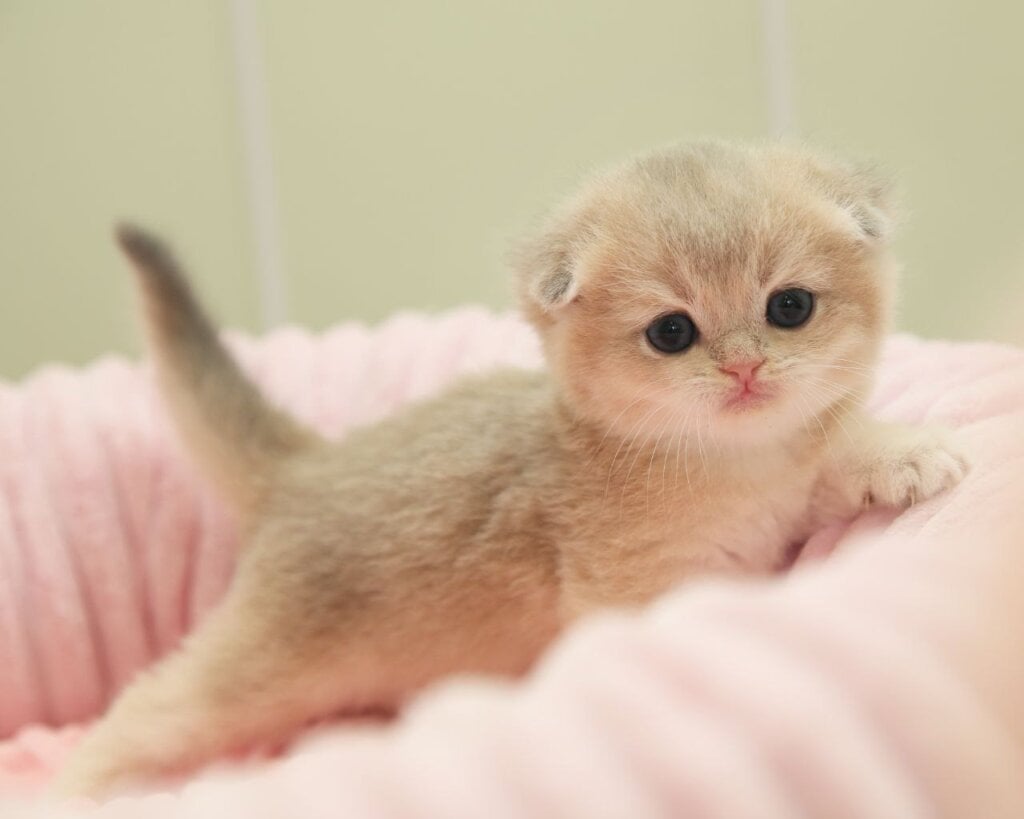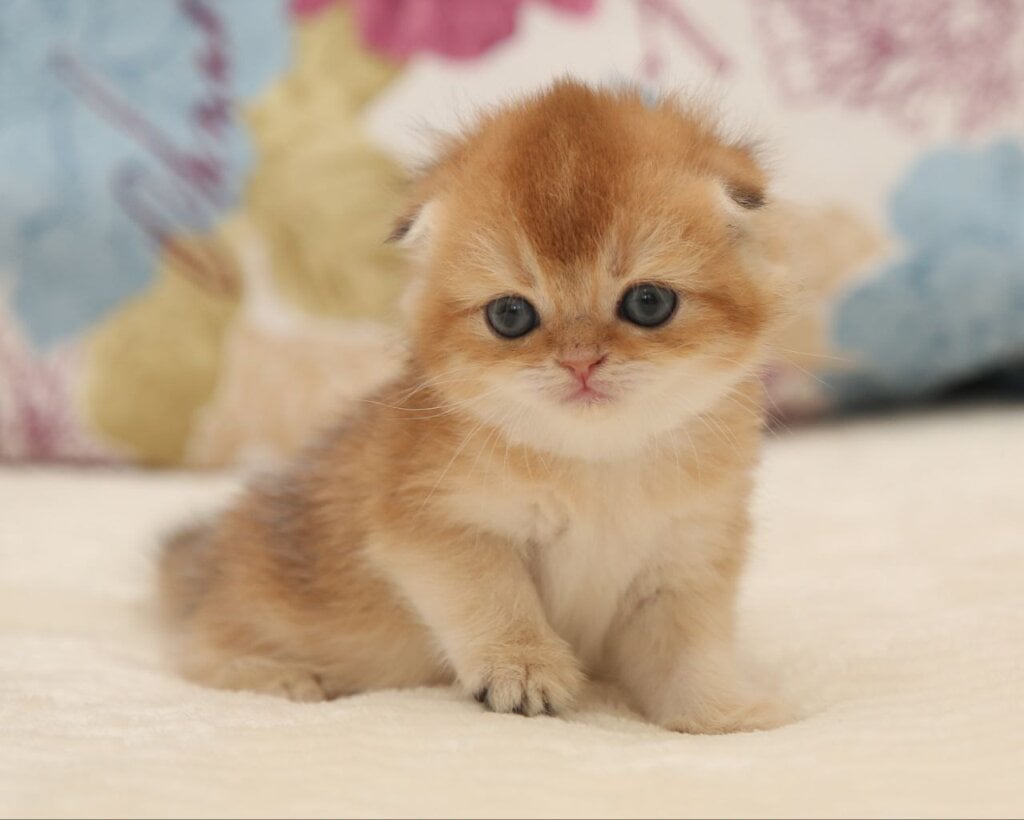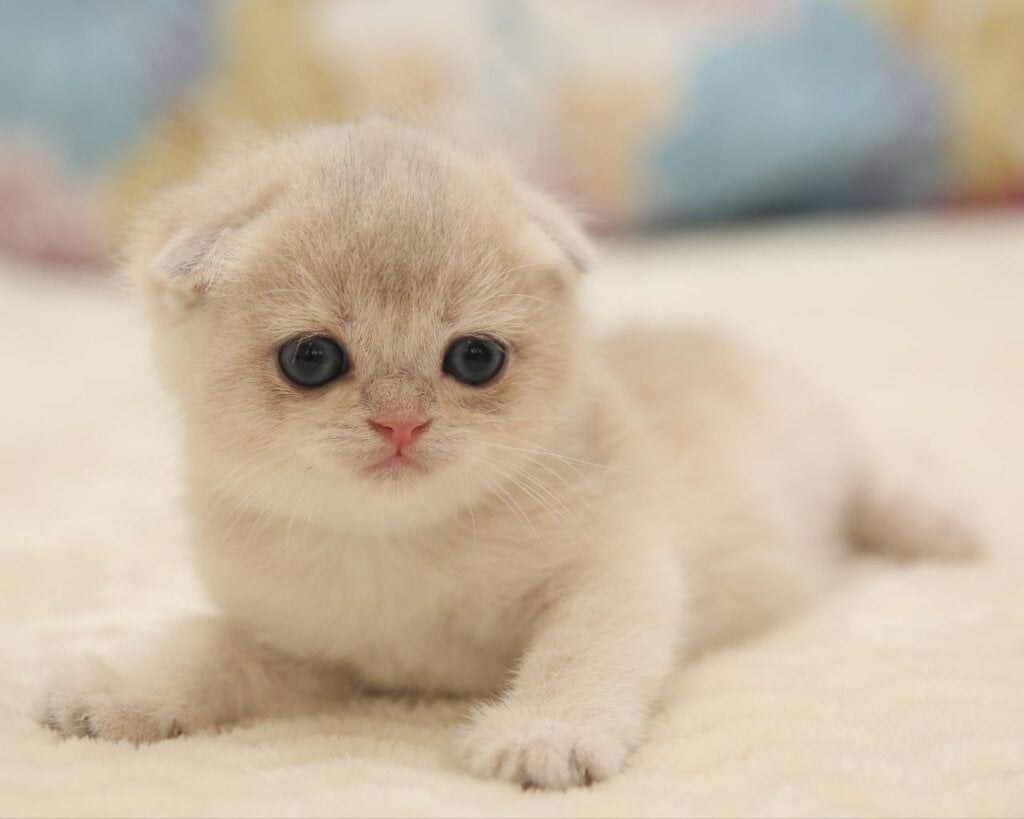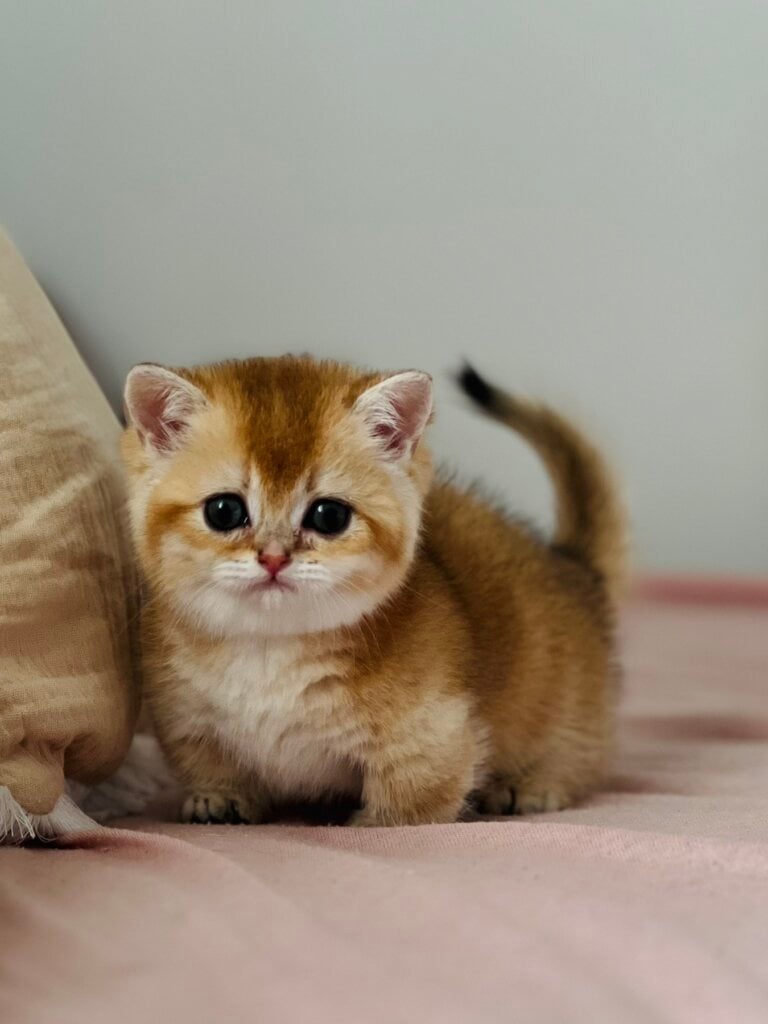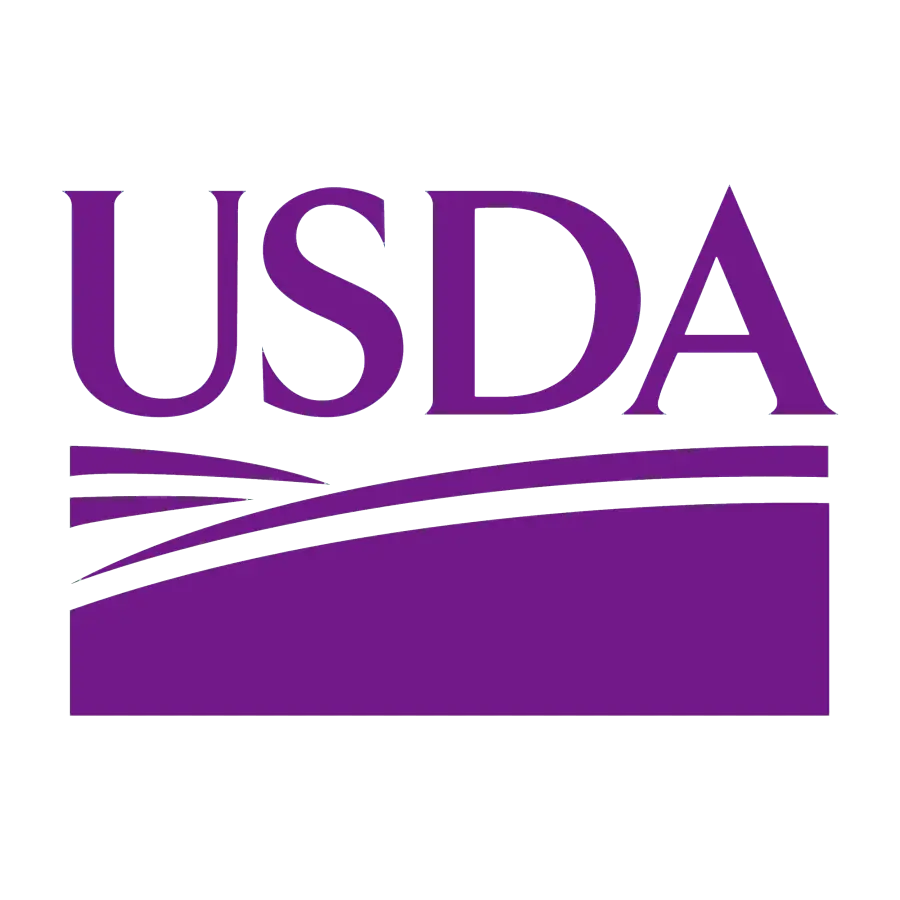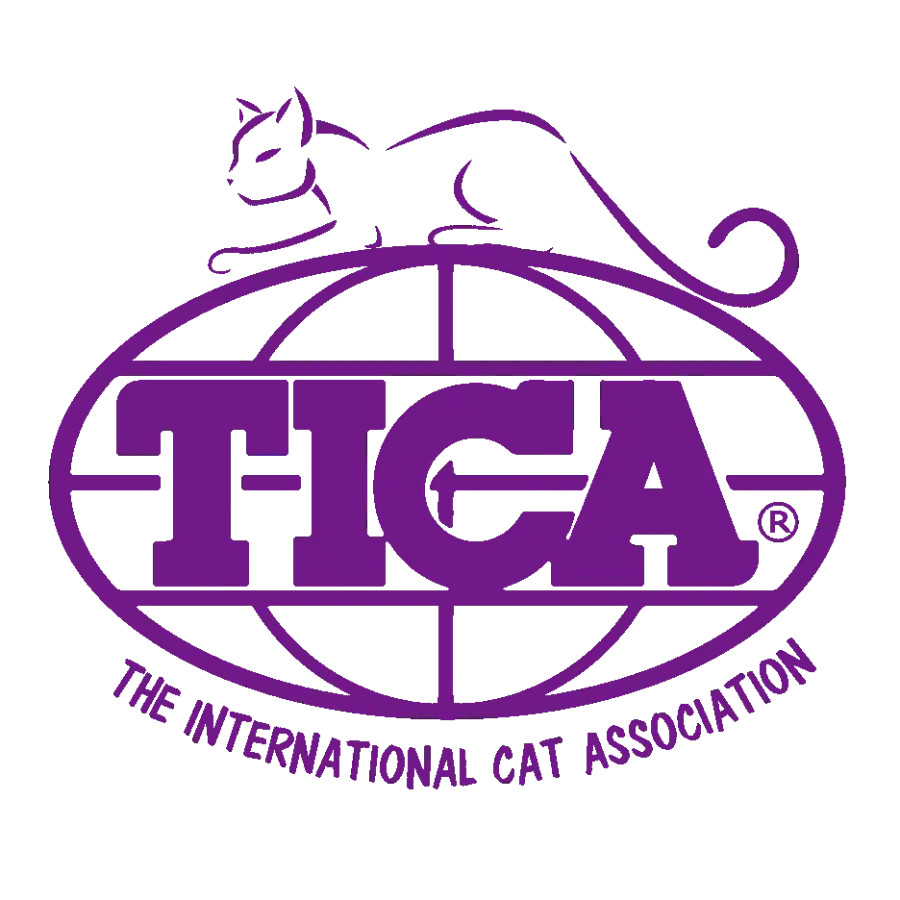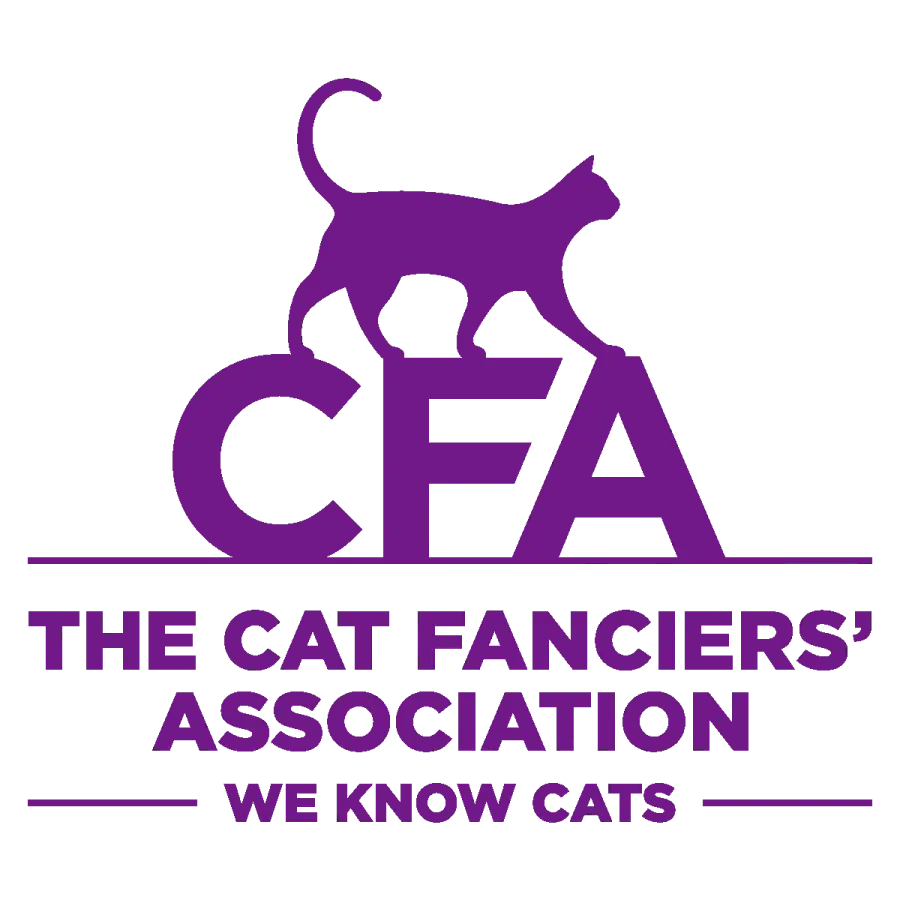Why is My Maine Coon Skinny
Common Health Issues
All cats face health challenges, and Maine Coons are no different. These issues can cause them to appear more gaunt than normal. Regular vet visits are key to diagnose medical causes such as hyperthyroidism and diabetes that affect weight.
Hyperthyroidism increases metabolism, leading to weight loss even if your cat is eating sufficient amounts. Diabetes can prevent your cat from being able to gain weight due to nutrient malabsorption. Knowing these conditions early can mean all the difference in keeping your Maine Coon healthy and happy for years to come!
Parasites and Infections
Parasites, like worms, are always a top suspect when it comes to sudden weight loss in cats. These parasites eat up all the nutrients your cat requires. Consequently, your cat will begin to lose weight and exhibit signs such as diarrhea and a lackluster coat.
Regular deworming and preventive measures are key for keeping these irritating little invaders away. Infections, as well, can deplete your cat’s energy and appetite, making them appear thinner than normal. Be sure to keep a careful eye on how much they’re eating at all times. If you see something unusual, consulting with your veterinarian is always a good move.
Metabolic Disorders
Metabolic disorders can affect your Maine Coon’s metabolism, either slowing it down or speeding it up. This transition can have a huge impact on their overall ability to stay slim.
Things such as hepatic lipidosis, particularly if your cat has gone without food for over 24 hours, can be fatal. Maine Coons can be susceptible to becoming underweight because of their slow growth rate, with 5-10% being affected. Keeping a close eye on their weight and eating behavior will help identify these disorders sooner rather than later.
Dental Problems
If dental problems are causing pain when eating, your Maine Coon might stop eating altogether. This leads to extreme and visible weight loss. Regular dental check-ups and cleanings will help avoid these issues from forming in the first place.
Providing wet or softer food can be beneficial if your cat is hesitant to eat. If your Maine Coon is a bashful muncher, set up an eatery that’s away from the hustle and bustle. This calming atmosphere will make them eat more at ease.
Stress and Anxiety
Stress and anxiety may lead to weight loss. Changes in environment, the introduction of new pets, loud sounds, etc. Can all stress your Maine Coon, making them lose their appetite.
Providing a soothing and consistent atmosphere reduces anxiety and stress. Additionally, if your cat is female and in heat, the increased energy expenditure can also lead to weight loss. Providing an abundant food supply and a calm space helps them recover faster.
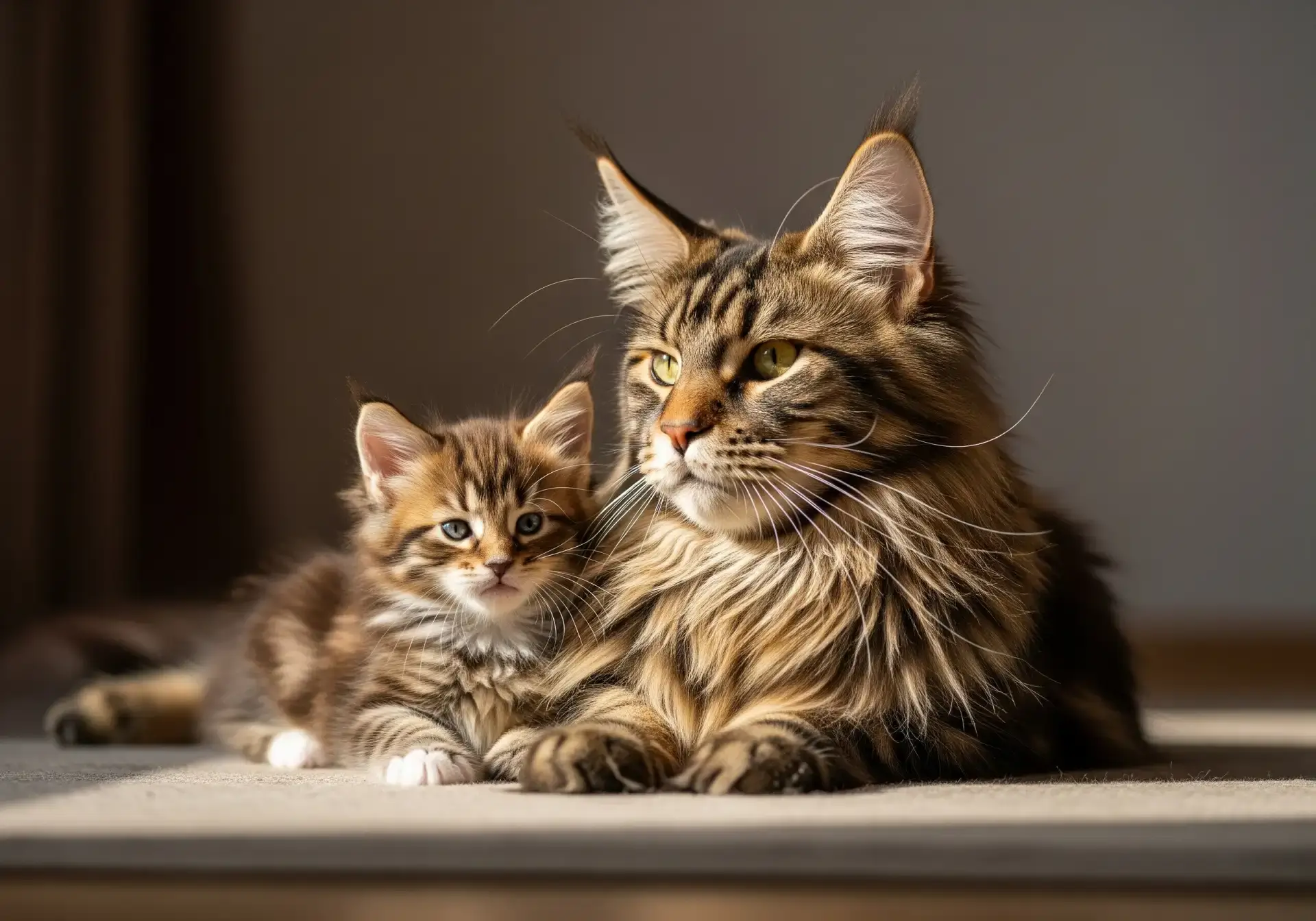
Dietary Needs of Maine Coons
By learning more about the dietary needs of Maine Coons, you’ll be able to help them stay healthy and happy. These gentle giants are well known for their large stature and dog-like demeanors. When you start to see that they are getting too skinny, consider adjusting what they are eating.
Nutritional Requirements
Maine Coons are obligate carnivores, and they require a diet primarily composed of protein and animal fat. This large feline has rather intensive dietary needs, needing a meat- or fish-based diet that can supply all essential amino acids.
Ensuring your Maine Coons are well-fed is important – even more so during their rapid growth spurts. Their meals are required to be both frequent and substantial to meet their extensive energy requirements.
Darina, owner of MeoWoff, knows firsthand how essential a proper diet is for Maine Coons. She recommends feeding them food that’s high in animal protein and low in carbs to prevent health issues. You can find more specific advice on her website, Maine Coon Iowa.
Importance of Protein
Protein is the most important component of a Maine Coon’s diet. Proteins are very important for muscle development and overall growth, so it’s very important that their diet consists of a lot of that.
The amino acids present in meat and fish are essential for these felines. Their diet should largely be made up of animal-based proteins to make sure they’re getting all the nutrients they need to thrive.
Role of Fats and Carbohydrates
Fats, which make up to 30% of their diet, are essential for energy. Maine Coons require this surplus energy to support their energetic lifestyle.
Essential fatty acids including arachidonic and linoleic acids are important in the production of healthy cell membranes. They are key to regulating inflammation by putting omega-3 and omega-6 into your diet.
Although fats are important, excessive carbohydrates may contribute to obesity. Thus, animal protein and fat are healthier energy sources for these animals.
Essential Vitamins and Minerals
The supportive role of vitamins and minerals in helping you keep your Maine Coon healthy should not be undervalued. A well-rounded diet that provides all of these essential nutrients will help your kitty to maintain a strong immune system as well as healthy skin and coat.
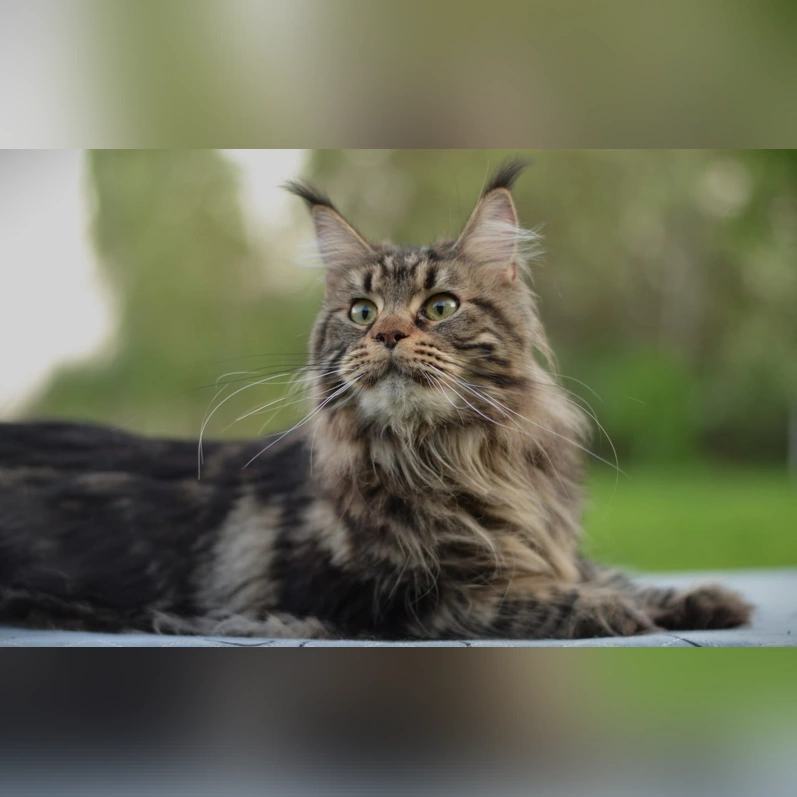
Monitoring and Improving Weight
Regular Veterinary Check-Ups
To keep your Maine Coon at a healthy weight, schedule regular vet visits for your pet. Through this process, I learned that subtle changes in weight – which are only perceptible through weigh-ins once a month – can signal health concerns. It’s crucial because a sudden loss of over 10% of a cat’s body weight signals the need for medical attention.
This way, any underlying problem is identified sooner. By keeping a routine of regular check-ups, you’ll create a safety net that keeps your feline friend on the right track. During these visits, you can get tailored recommendations for your cat’s individual needs. This covers everything from recommended calorie intake to dietary changes that are recommended.
Balanced Diet Plan
Consuming a well-balanced diet with the right nutrients is key. Cats require a diet relatively high in protein and fat, especially when trying to resolve weight concerns. Our recommendations propose using a formula with a minimum of 30% protein and 20% fat.
Ensure these nutrients come from high-quality meats or fish to help promote healthy weight gain. It’s fascinating to see that for cats you need over 20% fat to ensure cats can achieve a healthy weight. Free feeding – letting cats eat when they want for the day – can work well for cats who do best on a more frequent, mini-meal schedule.
This strategy will better enable you to stabilize your energy throughout the day. It encourages slow weight increases over a period of months, states the University of Wisconsin Madison School of Veterinary Medicine.
Exercise and Activity Levels
Your cat’s activity level affects her physical health. Keeping your Maine Coon active with daily playtime helps control their weight and avoid obesity. In the UK, 39 to 52% of cats are overweight.
You can avoid these weight-related problems by helping your cat get plenty of exercise! Interactive toys and games, such as chasing a laser pointer, provide both physical health benefits and mental stimulation. These are all important activities to maintain a healthy weight.
Monitoring Eating Habits
Monitoring eating habits can provide critical guidance on your cat’s well-being. If you see any significant changes in appetite or eating habits, err on the side of caution and visit your veterinarian.
Cats that receive low scores (less than 5 on a 9-point scale) on body condition scoring may be classified as underweight. Help them monitor their diet and behavior – and find a partner to help. That way, you can proactively identify adjustments you’ll need to make to provide them with the nutrition they require.
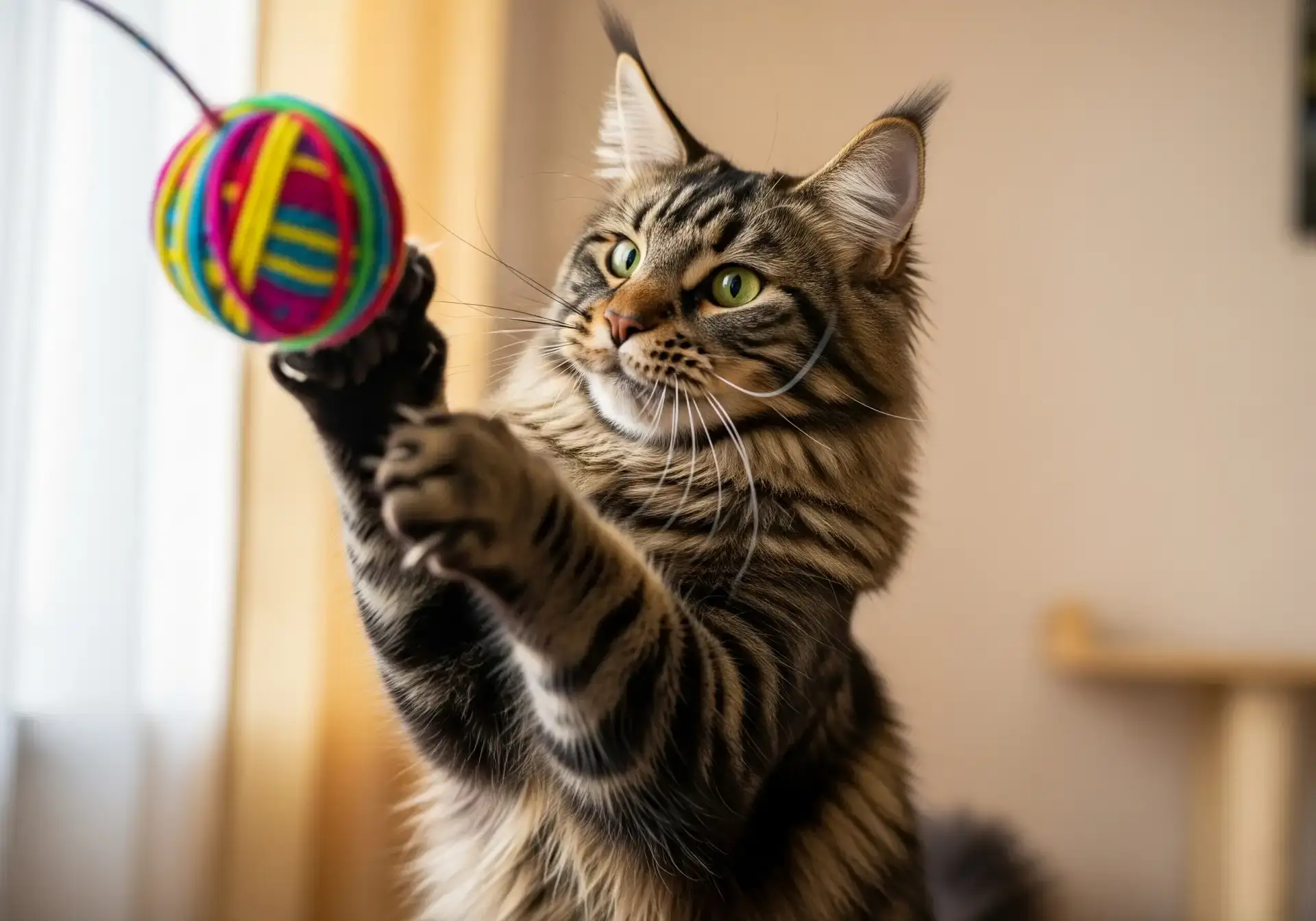
Lifestyle Changes for Healthy Weight
Creating a Stress-Free Environment
Now, let’s get down to the nitty gritty – your home environment. If your Maine Coon has suddenly stopped being skinny, a shift in the household’s energy may be to blame. Perhaps your kids are at home more often or you have had a new child.
Even though weight loss is the goal, these changes can stress your cat out and cause them to eat less. Weight loss is often the first sign that something is wrong, as cats are experts at hiding sickness. Making a peaceful environment is possible.
A darkened corner with familiar toys or a favorite comfy bed might be all it takes. Monitor, and remember to weigh-in regularly; at least monthly is ideal. It’s a good idea to do this just to catch any changes early, as noted by cat expert Ingrid King.
Interactive Playtime Benefits
Playtime is more than just fun; it is essential. Most importantly, it helps prevent your cat from getting bored. Inexplicably, more than 60% of cats in the US are overweight.
This is impressive because cats usually don’t lose weight until they’re about eight years old. Interactive playtime goes a long way in balancing energy with appetite. Play sessions such as chasing a feather toy or laser pointer can make them hungry.
It’s sort of like a pre-meal workout. Cats need two meals a day, eight to 12 hours apart. This simple routine goes a long way toward maintaining a healthy weight. The playful connection you create with them will help increase their happiness and appetite, too.
Importance of Hydration
Hydration, like nutrition, is often neglected but just as important. Diabetes in cats constitutes only about 1-2%, but staying hydrated aids in weight management, too. Fresh water needs to be constant, too.
If your kitty is one of the cats who love running water, consider a pet fountain. This keeps them drinking more, which is great for their digestion and overall health. After all, a hydrated kitty is a happy kitty!
Ideally, weight gain would be slow and steady, taking a couple of months. This slow process is the best way for your Maine Coon to put on weight properly and safely. This approach is strongly recommended by experts from the University of Wisconsin Madison School of Veterinary Medicine.
